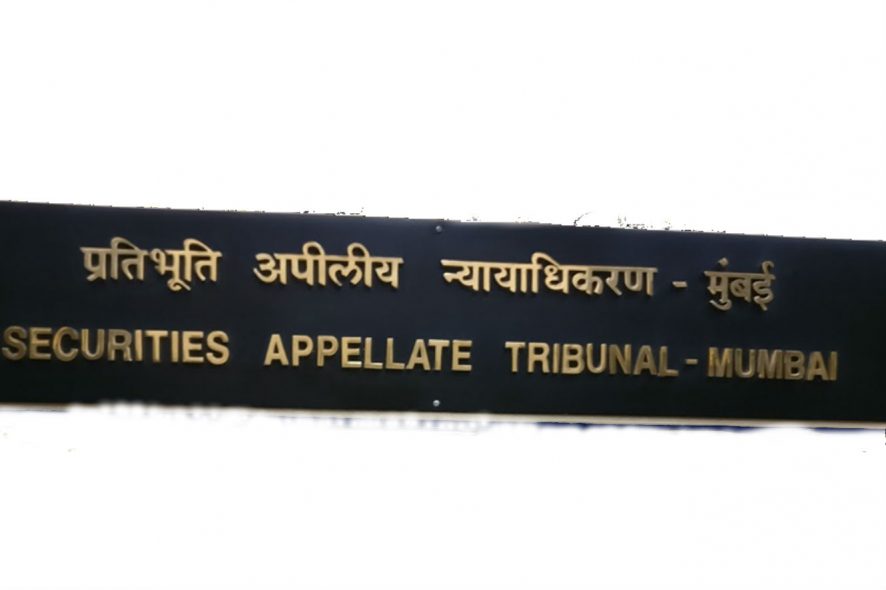Securities Appellate Tribunal, Mumbai (SAT): The Coram of Justice Tarun Agarwala, (Presiding Officer) and Justice M.T. Joshi (Judicial Member), while dismissing the appeals at the admission stage on not finding any merit, was of the opinion that, there was an application of mind on the basis of which the opinion was so formed to proceed with the inquiry under Rule 4(3) of the Securities and Exchange Board of India (Procedure for Holding Inquiry and Imposing Penalties) Rules, 1995.
In the present matter, the impugned order of SEBI was challenged stating that SEBI had already formed an opinion prior to the filing of the reply given by the appellants. Therefore, it was contended that before forming an opinion the appellants should have been heard and by not giving an opportunity of hearing the impugned order is erroneous and violative of the principles of natural justice.
Therefore the issues were,
- Whether the opinion formed by the adjudicating authority to initiate an inquiry, is an order that is appealable under Section 15T of the SEBI Act.
- Whether any opportunity of hearing was required to be given before forming an opinion under Rule 4(3) of the Rules of 1995.
The Coram answering in favour of the Respondent referred to Natwar Singh v. Director of Enforcement, (2010) 13 SCC 255, and quoted the Supreme Court in the order, which stated,
“…a reasonable opportunity of being heard is to be provided by the adjudicating authority in the manner prescribed for the purpose of imposing any penalty as provided for in the Act and not at the stage where the adjudicating authority is required merely to decide as to whether an inquiry at all be held into the matter. Further, the Court opined, Imposing of penalty after the adjudication is fraught with grave and serious consequences and therefore, the requirement of providing a reasonable opportunity of being heard before imposition of any such penalty is to be met. In contradistinction, the opinion formed by the adjudicating authority whether an inquiry should be held into the allegations made in the complaint are not fraught with such grave consequences and therefore the minimum requirement of a show-cause notice and consideration of cause shown would meet the ends of justice.
While clearing further Chandrakant Amratlal Parekh v. AO, SEBI in Appeal No. 91 of 2007 decided on October 23, 2007, referred to by the Counsel for the Respondent to differentiate between an interlocutory order and an adjudicating order, cleared the possibility since the impugned order was not an order rather an opinion.
The Coram opined,
“This Tribunal held that formation of an opinion is an interlocutory order which is not appealable under Section 15T of the SEBI Act. We beg to differ as in our view the opinion formed is not an order”.
[A.T. Rajan v. SEBI, Misc. Application No. 921 of 2021, decided on 30-08-2021]
Counsel for the Parties:
Mr Ashim Sood, Advocate with Ms Shreya Suri, Ms Vaishnavi Rao, Ms Swati Mittal, Mr Rhythm Buaria, Advocates for the Appellants.
Mr Gaurav Joshi, Senior Advocate with Mr Abhiraj Arora, Ms Rashi Dalmia, Mr Karthik Narayan, Advocates i/b ELP for the Respondent.
Agatha Shukla, Editorial Assistant has reported this brief.


